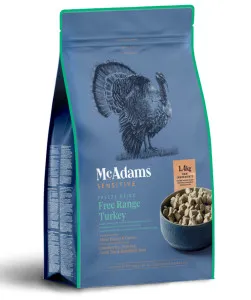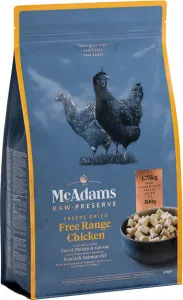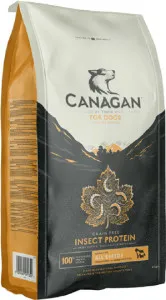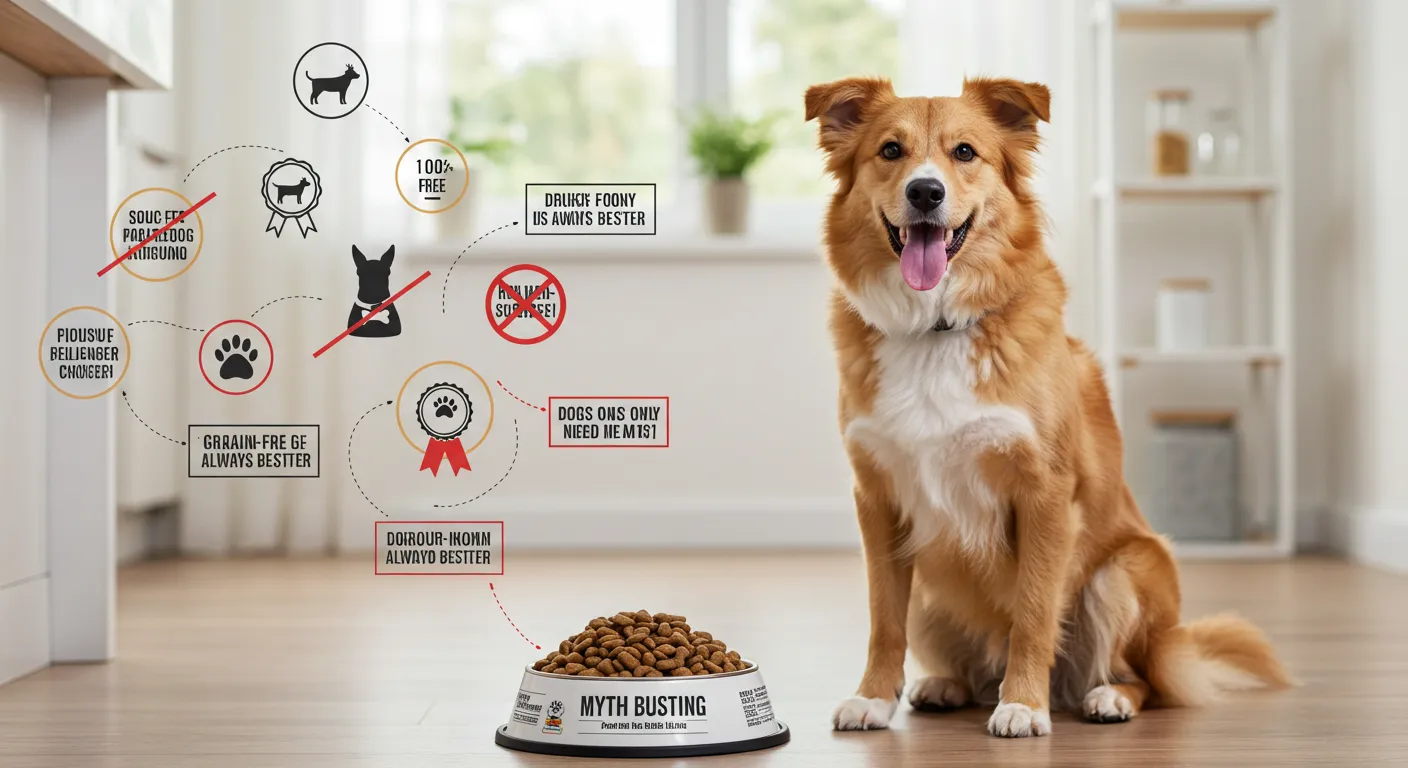Dog Food Myth-Busting: Common Misconceptions in 2025
As pet owners, we want the best for our furry friends—especially when it comes to their diet. But with so much conflicting information online, it’s easy to fall for myths about dog food. In 2025, misinformation still runs rampant, making it harder to separate fact from fiction. Let’s debunk the most common dog food myths and help you make informed choices for your pup.
Myth #1: Grain-Free Diets Are Always Healthier
One of the biggest misconceptions is that grain-free dog food is inherently better. While some dogs benefit from grain-free options due to allergies or sensitivities, grains like rice, oats, and barley are actually nutritious for most dogs. In fact, the FDA has investigated potential links between grain-free diets and heart disease in dogs. Always consult your vet before switching to a grain-free diet.
- Fact: Grains provide essential fiber, vitamins, and energy.
- Fact: Grain-free doesn’t mean carb-free—many use potatoes or peas instead.
- Fact: Only dogs with diagnosed grain allergies need grain-free food.
- Fact: Raw diets can carry salmonella and E. coli risks for pets and humans.
- Fact: Improperly balanced raw diets may lack calcium or other key nutrients.
- Fact: Commercial raw foods are safer than homemade versions if you choose this route.
- Fact: Look for named protein sources (e.g., "chicken" instead of "meat by-products").
- Fact: AAFCO certification ensures the food meets basic nutritional requirements.
- Fact: Some affordable brands offer excellent nutrition without the markup.
- Fact: Puppies need higher protein and fat for growth.
- Fact: Senior dogs benefit from joint-supporting ingredients like glucosamine.
- Fact: Transition foods gradually to avoid digestive upset.
- Fact: Beneficial fillers include pumpkin, sweet potatoes, and oats.
- Fact: Avoid foods with excessive corn syrup or artificial additives.
- Fact: Fiber-rich fillers can help with weight management.
- Fact: Homemade diets often lack calcium, taurine, or other critical nutrients.
- Fact: Consult a vet or pet nutritionist before switching to homemade meals.
- Fact: Commercial foods undergo rigorous testing for safety and nutrition.
- Fact: Dogs need complete proteins, whether from meat or plant sources.
- Fact: Vegan diets must include supplements like taurine and B12.
- Fact: Not all dogs tolerate plant-based diets well—monitor their health closely.
- Fact: Organ meats are rich in vitamins A, D, and iron.
- Fact: Avoid vague terms like "meat by-products"—look for specific ingredients.
- Fact: By-products can be a sustainable protein source.
Myth #2: Raw Diets Are the Best Option for All Dogs
The raw food trend has gained traction, but it’s not a one-size-fits-all solution. While some dogs thrive on raw diets, others may suffer from bacterial infections or nutritional imbalances. Raw diets require careful planning to ensure your dog gets all the necessary nutrients.
For a deeper dive into pet nutrition, check out our Pet Food Analyzer to compare different diets.
Myth #3: Expensive Dog Food Equals Better Quality
Price doesn’t always reflect quality. Some premium brands use clever marketing to justify high costs, while budget-friendly options may still meet AAFCO standards. The key is to read ingredient lists and nutritional labels—not just trust the price tag.
Myth #4: Dogs Should Eat the Same Food Their Entire Lives
Just like humans, dogs’ nutritional needs change with age, activity level, and health conditions. Puppies, seniors, and active dogs all have different dietary requirements. Sticking to one food for life could lead to deficiencies or excess weight.
Recommended Products

McAdams Freeze Dried Free Range Turkey is an excellent choice for dog food myth-busting: common misconceptions in 2025. This dog food contains Boneless Free Range Turkey 86.5% and other high-quality ingredients that promote overall health.

McAdams Freeze Dried Free Range Chicken is an excellent choice for dog food myth-busting: common misconceptions in 2025. This dog food contains Boneless Free Range Chicken 86% and other high-quality ingredients that promote overall health.

Canagan Insect is an excellent choice for dog food myth-busting: common misconceptions in 2025. This dog food contains Freshly Prepared Insects (27%)* and other high-quality ingredients that promote overall health.
Myth #5: All Fillers Are Bad for Dogs
The term "fillers" is often demonized, but not all are harmful. Ingredients like beet pulp or rice bran can aid digestion and provide fiber. The real issue is low-quality fillers that offer no nutritional value.
Myth #6: Homemade Dog Food Is Always Healthier Than Commercial
While homemade meals can be nutritious, they require precise balancing. Many DIY recipes lack essential vitamins and minerals, leading to long-term health issues. Commercial dog foods are formulated by veterinary nutritionists to meet strict standards.
Myth #7: Dogs Can’t Be Vegetarian or Vegan
While dogs are omnivores and thrive on meat-based diets, some can adapt to plant-based foods—if carefully balanced. However, this should only be done under veterinary supervision to prevent protein or amino acid deficiencies.
Myth #8: By-Products Are Unhealthy
Many pet owners avoid by-products, assuming they’re low-quality. However, organ meats (like liver and kidneys) are nutrient-dense and often included in high-quality foods. The key is knowing which by-products are beneficial.
Final Thoughts
Navigating dog food myths in 2025 can be overwhelming, but understanding the facts helps you make better choices for your pet. Always consult your veterinarian before making dietary changes, and use tools like our Pet Food Analyzer to compare brands and ingredients.
Ready to find the perfect food for your dog? Explore our Pet Food Analyzer today and ensure your pup gets the nutrition they deserve!
